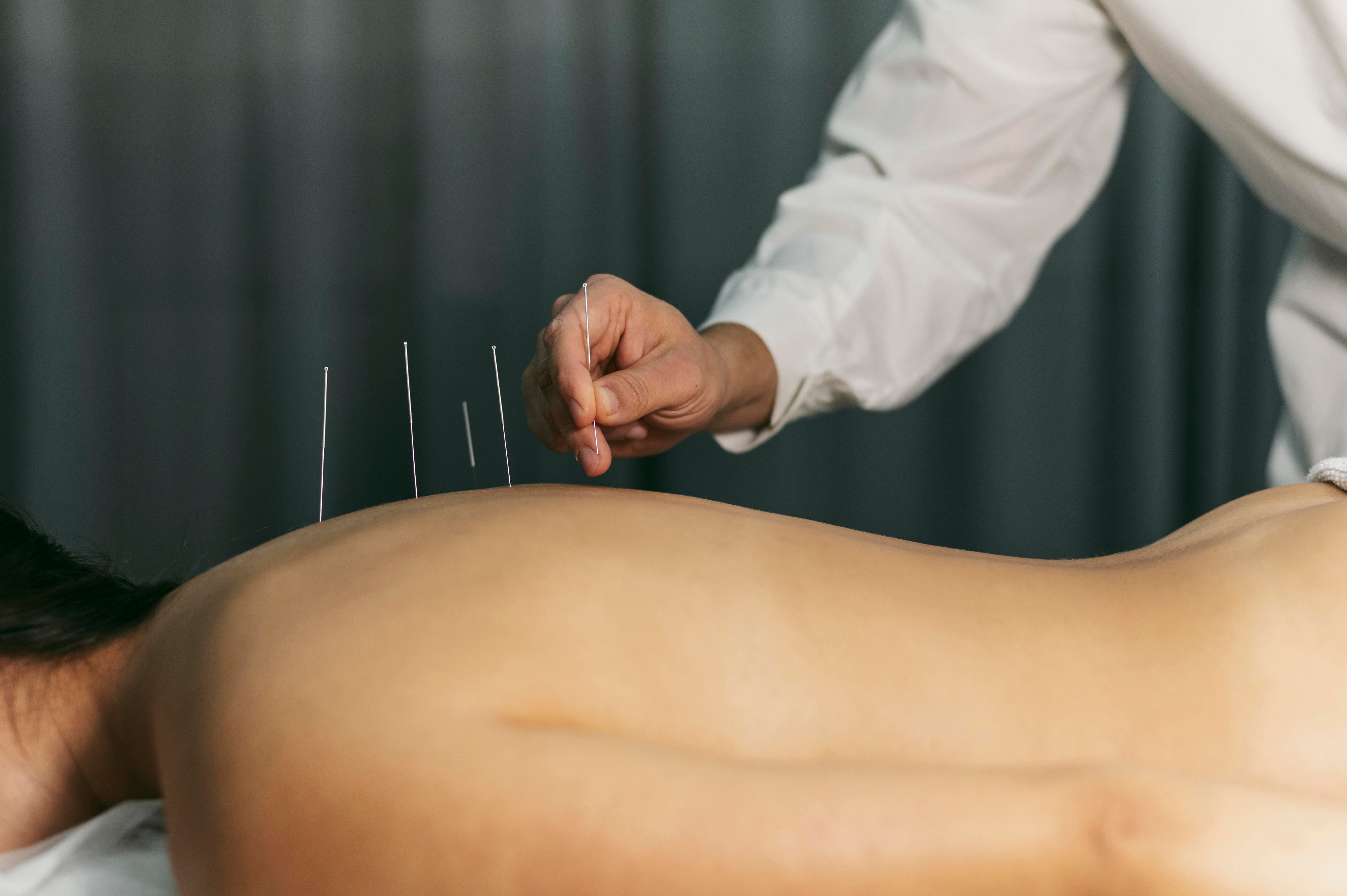Acupuncture, an ancient practice dating back thousands of years, has gained attention in recent decades as a potential treatment for various muscle and nerve-related injuries. Despite its historical use and some recognition in certain circles, particularly among athletes, acupuncture remains stigmatized in Western medicine. Often dismissed as an alternative path embraced mainly by individuals associated with countercultural movements like the hippies of the 1960s, acupuncture faces skepticism and misconceptions, especially within professional sports communities. This blog aims to dispel these fears and misconceptions, addressing the legitimacy of acupuncture in sports medicine, helping individuals discern its appropriateness for their needs, and guiding the search for a reputable acupuncturist.
Understanding the Skepticism:
The skepticism surrounding acupuncture within Western medicine stems from several factors, including its foundational principles that differ from the biomedical model commonly taught in medical schools. Acupuncture is based on traditional Chinese medicine (TCM), which views the body as an interconnected system of energy pathways or meridians through which vital energy, known as Qi, flows. The insertion of fine needles at specific points along these meridians aims to restore the balance and flow of Qi to alleviate pain and promote healing.
However, Western medicine predominantly relies on empirical evidence, clinical trials, and scientifically proven mechanisms to understand and treat ailments. Acupuncture's underlying concepts of energy flow and meridians do not align with conventional scientific explanations, leading to skepticism among medical professionals and the broader public.
Dissecting the Misconceptions:
Despite the skepticism, numerous studies have shown promising results regarding the efficacy of acupuncture in treating various musculoskeletal injuries and conditions. For athletes seeking alternative or complementary treatments, acupuncture presents itself as a non-invasive, drug-free option that potentially offers pain relief, promotes recovery, and enhances performance.
One misconception to address is the belief that acupuncture is akin to voodoo or mysticism. Contrary to this notion, acupuncture is not based solely on superstition but on a holistic approach that considers the interconnectedness of the body's systems. Research has indicated that acupuncture can stimulate the release of endorphins, the body's natural pain-relieving chemicals, and modulate the nervous system, leading to reduced pain perception and improved healing.
Moreover, the misconception that acupuncture is only for those embracing alternative lifestyles disregards its growing acceptance among diverse populations, including professional athletes seeking optimal performance and recovery. High-profile athletes such as Michael Phelps, Green Bay's QB Aaron Rogers, Shaquille O’Neil and the late Kobe Bryant have publicly endorsed the benefits they experienced from acupuncture, shedding light on its potential within the sports community.
Determining Appropriateness and Finding a Reputable Acupuncturist:
Deciding whether acupuncture is an appropriate treatment involves considering individual needs, health conditions, and preferences. Athletes experiencing chronic pain, muscle injuries, or seeking holistic approaches to enhance recovery might find acupuncture beneficial. It's essential to consult with healthcare professionals knowledgeable about both conventional and alternative therapies to make informed decisions tailored to personal circumstances.
Finding a reputable acupuncturist involves careful research and consideration. Here are steps to guide the search:
- Credentials and Training: Look for acupuncturists who are licensed and certified by recognized institutions. They should have completed appropriate training programs and have a solid understanding of anatomy, physiology, and acupuncture techniques.
- Experience and Specialization: Seek practitioners with experience in treating sports-related injuries or conditions similar to your own. Specialized expertise can significantly impact treatment outcomes.
- Recommendations and Reviews: Ask for referrals from trusted sources such as healthcare providers, friends, or family who have had positive experiences with acupuncture. Online reviews and testimonials can also provide insights into a practitioner's reputation.
- Consultation and Communication: Schedule an initial consultation to discuss your concerns, goals, and the practitioner's treatment approach. A reputable acupuncturist will listen attentively, address your questions, and provide clear explanations about the treatment plan.
- Clean and Safe Environment: Ensure the acupuncture clinic maintains proper hygiene standards and follows safety protocols for needle sterilization and disposal.
The skepticism toward acupuncture, especially among athletes and within Western medicine, is rooted in differences in fundamental principles and approaches to healthcare. However, dismissing acupuncture solely based on misconceptions overlooks its potential benefits in treating musculoskeletal injuries and enhancing recovery.
While individual experiences and needs vary, considering acupuncture as a complementary or alternative therapy warrants exploration. To make informed decisions, individuals should seek guidance from healthcare professionals to find a reputable acupuncturist with relevant experience and credentials.
Acupuncture's growing acceptance and endorsements from athletes highlight its potential in sports. By dispelling misconceptions and understanding its role as a holistic treatment option, individuals can better appreciate acupuncture's potential benefits in managing sports-related injuries and optimizing athletic performance.













































































Share:
Complete Guide: Preacher Curls vs Spider Curls
How To Build Big Pecs